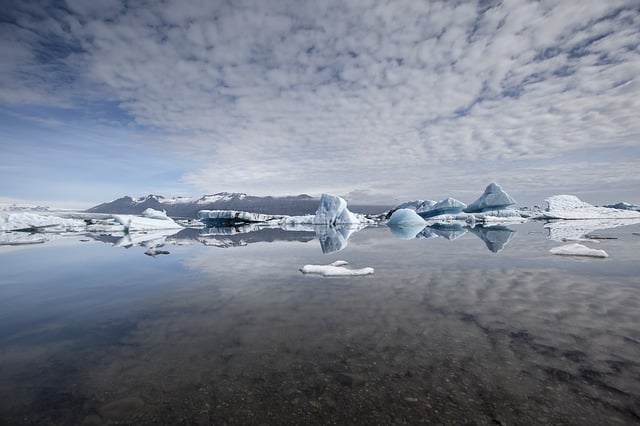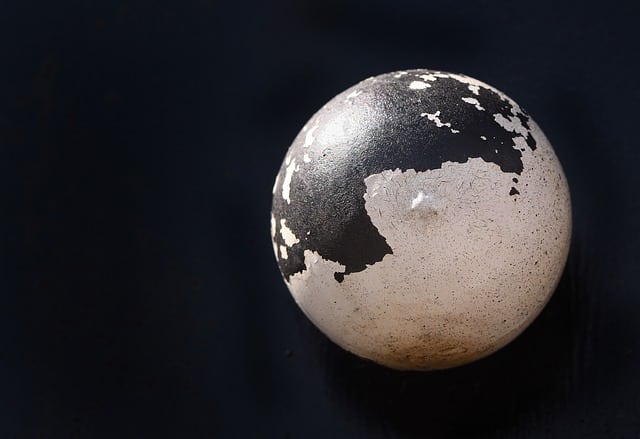
Glaciation is the advance of ice in large areas of the continents.
The concept of glaciation , coming from the French glaciation , refers to the process that leads to the formation of glaciers : large masses of ice. The term is also used in the field of geology to refer to the advance of ice in large areas of the continents , a fact that was repeated at different times throughout history.
Features and effects
In this sense, glaciation is a period characterized by a drop in temperature that leads to the expansion of glaciers and continental ice . It is believed that four or more ice ages existed in our planet 's past.
When studying glaciations it is possible to pay attention to different kinds of well-defined effects , which help us verify their existence in the past, such as geological and chemical ones. Although it is not an easy job, the study of ocean sediments and frozen cores offers clear evidence that our planet has experienced more than one glacial and interglacial period, spread over several million years .
Geological effects
With respect to the geological effects of past glaciations, we can point out that their evidence is found in the erosion of rocks, in ridges, moraines and glacial valleys, in the so-called drumlins, in sediment deposits of glacial origin and even in coastal fjords , among many other examples.
With respect to erosion , we must add that it can be observed in different ways, such as tearing, spraying, generation of streaks, formation of flour or abrasion . Having said all this, in the geomorphological description of the elevations of each area we can find these and other physiognomies as a result of an ancient glacial era, although also of its own climate. It should be added that when several glaciations occur in relatively short periods of time, the geological effects become more difficult to analyze .
Chemical effects
To find chemical evidence of ice age, scientists focus primarily on variations they can see in the isotope ratios of rock sediments, ice cores, and ocean sediments. Since water whose isotopes have a higher weight evaporates at a higher temperature, its number becomes smaller in especially cold conditions.
Despite these and other parameters, chemical tests can be distorted by issues that affect the number of isotopes, such as a mass extinction (at least 10 percent of species disappear in just one year), which increases their proportion light in ice and sediments, since they are the ones that biological processes prefer.
Glaciations in history
The Huronian glaciation , which developed between 2.4 and 2.1 billion years ago, was the first and most extensive glaciation. Its origins are linked to the metabolic action of cyanobacteria, which would have released oxygen into the atmosphere and altered the balance that existed until then.
The glaciation of the Cryogenic period , meanwhile, took place between 850 and 635 million years ago . According to scientists, this glaciation was the most intense and, according to some theories, it froze the entire Earth .

There is evidence of several ice ages in the last few million years.
The Andean-Saharan glaciation (which was completed between 460 and 430 million years ago), the Karoo glaciation (between 350 and 250 million years ago ) and the Quaternary glaciation (which began about two and a half million years ago) are other stages recognized by specialists.
It is important to mention that the Quaternary glaciation is still underway. The existence of polar caps and glaciers that occupy about 10% of the earth's surface is a testimony to the phenomenon .
